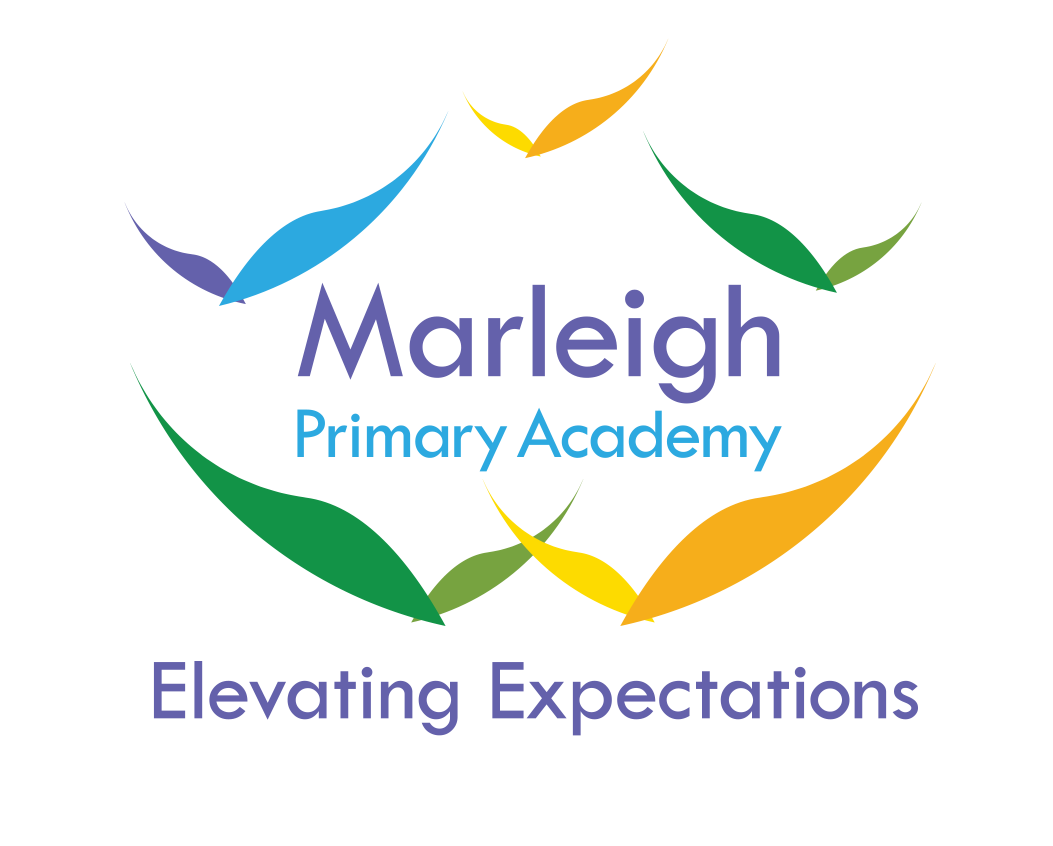Mathematics
Our vision sees mathematics as a creative and highly inter-connected discipline that is essential for everyday life supporting our vision to for pupils to become successful, economically competent global citizens. Through our mastery curriculum pupils are challenged to deepen and apply their understanding of core concepts before moving on in their learning. Mathematical topics are covered in depth and children are given regular opportunities to think carefully about mathematics. Our vision is that this careful approach enables pupils to accommodate mathematical knowledge and understanding.
Through our curriculum progression, pupils are consistently exposed to a range of representations, learning mathematical concepts in multiple contexts. This inclusive approach to teaching allows all children to move through a topic at broadly the same pace facilitating access for all to the full mathematics curriculum while furthering the understanding of those ready to progress. Pupils at Marleigh are supported through regular opportunities to be fluent in using key mathematical facts including their times tables and number bonds. To address the high proportion of EAL pupils, vocabulary teaching is a focus enabling pupils to access the same level of learning as their peers. In addition, this vocabulary teaching provides the tools pupils use to explain and reason about mathematical concepts.
Our vision is to develop excellent and resilient problem solvers whose curiosity is ignited through regular opportunities to explore their learning through rich and sophisticated problem-solving activities. Pupils will leave Marleigh as confident mathematicians ready to embrace the challenge of STEM subjects in the next stage of their education.

